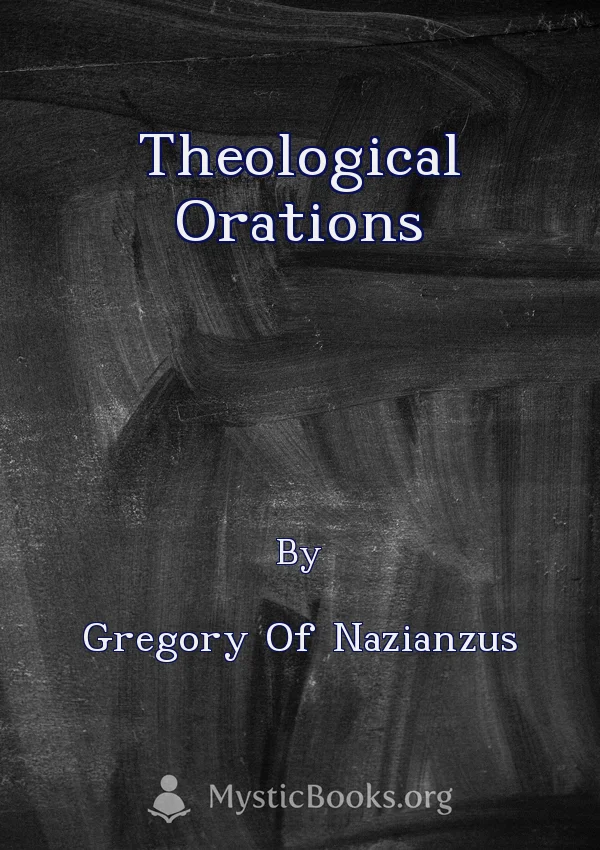
Theological Orations
'Theological Orations' Summary
In the late 4th century, the Christian church was divided by the Arian controversy. The Arians, led by the bishop of Alexandria, Arius, denied the full divinity of Christ, arguing that he was a created being who was subordinate to the Father. The Nicene Creed, which affirmed the full divinity of Christ, was adopted by the Council of Nicaea in 325, but the controversy continued for decades afterward. Gregory of Nazianzus was one of the leading defenders of the Nicene Creed. He was born in Cappadocia in about 329 and studied in Athens and Alexandria. He was ordained a priest in 361 and became the bishop of Sasima in 372. In 379, he was invited to Constantinople by the emperor Theodosius I to help restore order to the church there. The city was divided between Arians and Nicenes, and Gregory's task was to bring them back into communion with each other. Gregory delivered his Theological Orations in the Anastasia chapel, which he had built on the site of a former Arian church. The orations were a powerful defense of the Nicene Creed and helped to convince many Arians to return to the orthodox faith. Gregory's orations are considered to be some of the most important theological works of the early church and have had a significant influence on Christian thought throughout history.Book Details
Language
EnglishOriginal Language
Published In
Genre/Category
Tags/Keywords
Authors
Gregory of Nazianzus
Turkey
In the tumultuous world of 4th-century Christianity, Gregory of Nazianzus emerged as a towering figure, a beacon of orthodoxy and a champion of theological clarity. Born in Cappadocia, Asia Minor, aro...
Books by Gregory of NazianzusDownload eBooks
Listen/Download Audiobook
- Select Speed
Related books
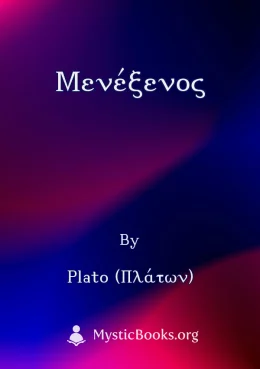
Μενέξενος by Plato (Πλάτων)
The Menexenus is a Platonic dialogue in which Socrates and a young Athenian named Menexenus engage in a humorous and ironic conversation about funeral...
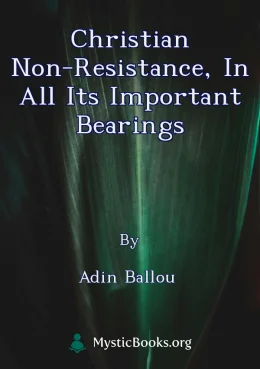
Christian Non-Resistance, In All Its Important Bearings by Adin Ballou
This book argues that non-resistance, or non-violence, is the superior Christian method. The author, Adin Ballou, believes that Jesus himself practice...

Itinéraire de Paris à Jérusalem by François-René de Chateaubriand
This book is an illustrated travelogue of François-René de Chateaubriand's journey from Paris to Jerusalem in 1806-1807. Chateaubriand was a French wr...
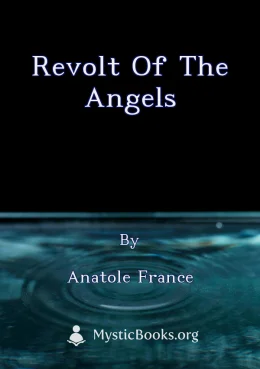
Revolt of the Angels by Anatole France
Anatole France's *Revolt of the Angels* delves into the complexities of heaven and earth through the lens of a mischievous angel named 'Miel.' As a g...
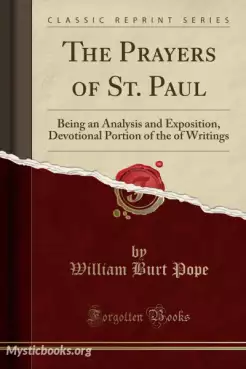
The Prayers of St. Paul by William H. Griffith Thomas
This book contains nine devotional commentaries on prayers from Paul's letters to the churches at Thessalonica, Colossi and Ephesus. Thomas is theolo...
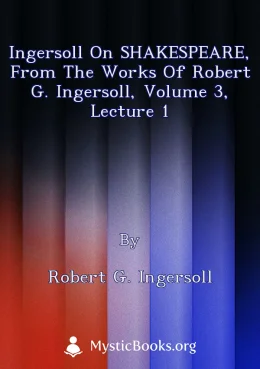
Ingersoll on SHAKESPEARE, from the Works of Robert G. Ingersoll, Volume 3, Lecture 1 by Robert G. Ingersoll
This book is a collection of lectures by famous orator Robert G. Ingersoll, delivered in the late 19th century. Ingersoll was a contemporary of Mark T...
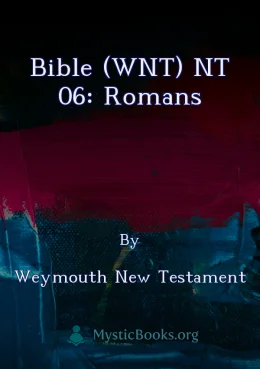
Bible (WNT) NT 06: Romans by Weymouth New Testament
The Epistle of Paul to the Romans, commonly known as Romans, is the sixth book of the New Testament. It is believed to have been written by the Apostl...
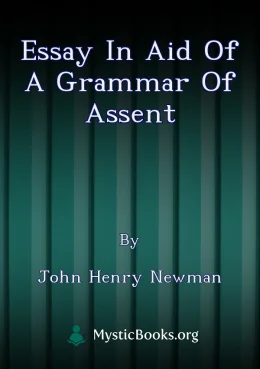
Essay in Aid of a Grammar of Assent by John Henry Newman
An Essay in Aid of a Grammar of Assent is a work by John Henry Newman that attempts to study the modes of language, or "grammar", in which the intelli...
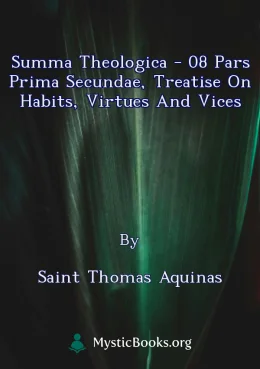
Summa Theologica - 08 Pars Prima Secundae, Treatise on Habits, Virtues and Vices by Saint Thomas Aquinas
This section of the Summa Theologica, known as 'Prima Secundae,' is a treatise on the nature of habits, virtues, and vices. It explores the developmen...
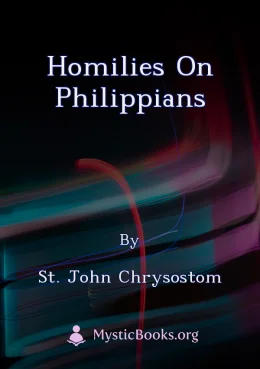
Homilies on Philippians by St. John Chrysostom
This commentary is composed of a series of homilies delivered by St. John Chrysostom, the golden-mouthed preacher of Constantinople. It is a valuable...
Reviews for Theological Orations
No reviews posted or approved, yet...